Will an extension add value to your home? The lowdown on the potential of creating extra space
Discover the difference an extension could make to what a home is worth with knowhow from property experts
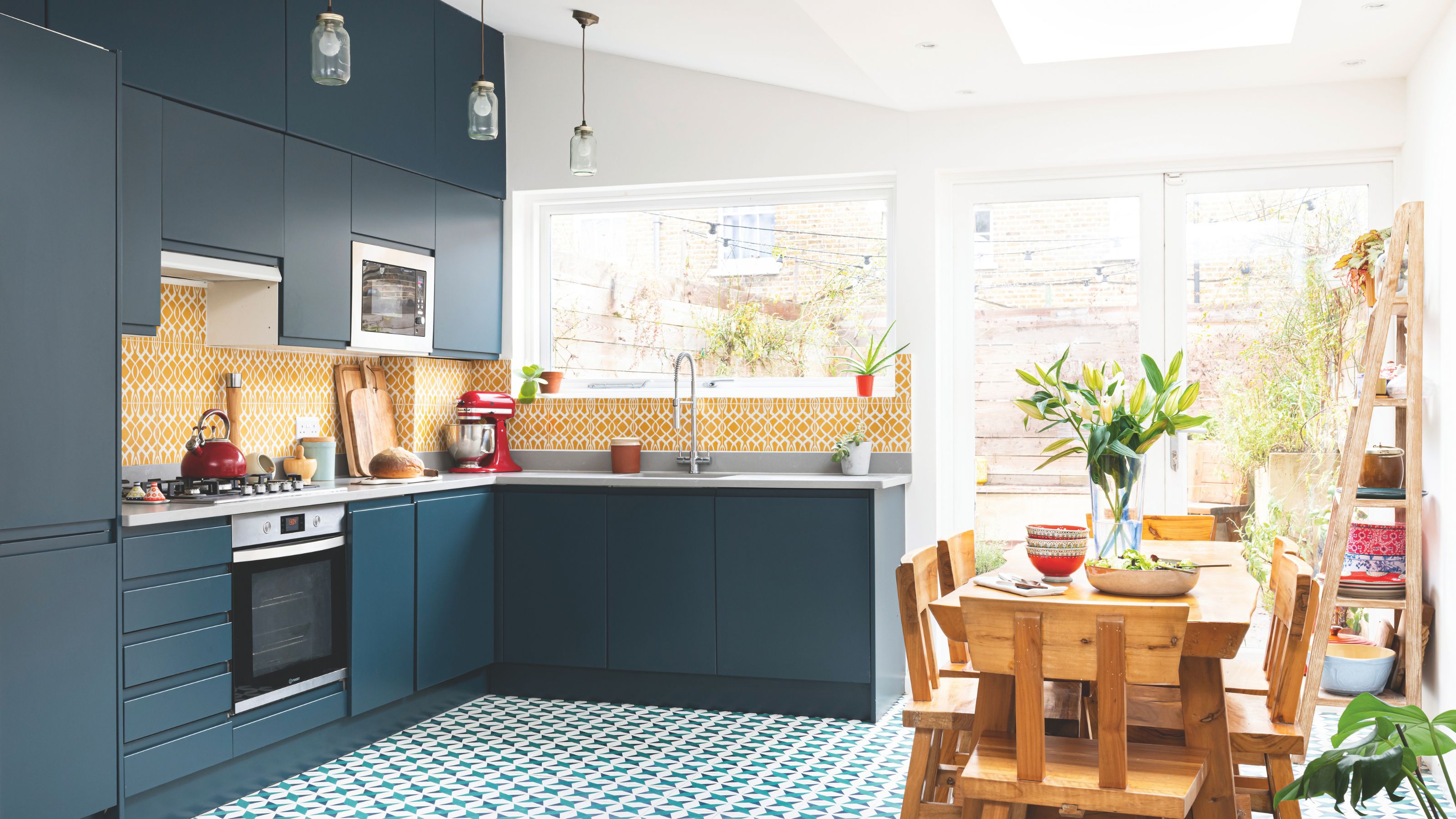

If you’ve outgrown your home, or it doesn’t have the rooms it needs, extending is the solution that spares you the outlay and upheaval of moving. But since building an extension also brings costs, the question of whether an extension adds value to your home is worth posing.
There are a host of extension ideas to select from – including single-storey additions, double-storey extensions as well as conversions of areas such as the loft or garage – that add extra space and for each one that is an option for your home, you’ll want to consider its potential to add value as well as square meterage.
We asked the experts to provide their assessments of the possible boost the different types of extension can give to house value for this guide – along with the ways an addition might have a negative impact on it.
How much value can an extension add to your home?
An extension can often be a worthwhile investment. ‘A well-executed extension can increase your property’s value by 10 to 15 per cent, with some premium locations or standout designs achieving even more,’ says Peter Greatorex MD of Peter Greatorex Unique Homes.
However, a number of factors are important, he points out. ‘The extent of the value added depends on the type of extension, its quality, and how well it aligns with the home and local market demand,’ he says.
And if your plan is to improve the heart of a home and you’re asking will a kitchen extension add value, the answer is that it can. ‘A well-designed open-plan kitchen-diner is in high demand, adding up to 10 per cent value,’ says Robin Edwards, a property buying agent at Curetons.

Peter Greatorex is managing director of specialist agency Peter Greatorex Unique Homes. His career also includes working with Fine & Country, and founding The Apartment Company in 2004. Peter’s extensive professional experience includes advising homeowners on how to enhance the value of their properties, offering expert guidance on the potential benefits and drawbacks of extending, and other improvements that can maximise appeal when it comes to selling.

Robin Edwards is currently a partner at property buying agents Curetons and has been working in prime residential property for nearly 20 years. He regularly advises clients on the purchase and development of properties, including on the potential of renovating and extending their homes.
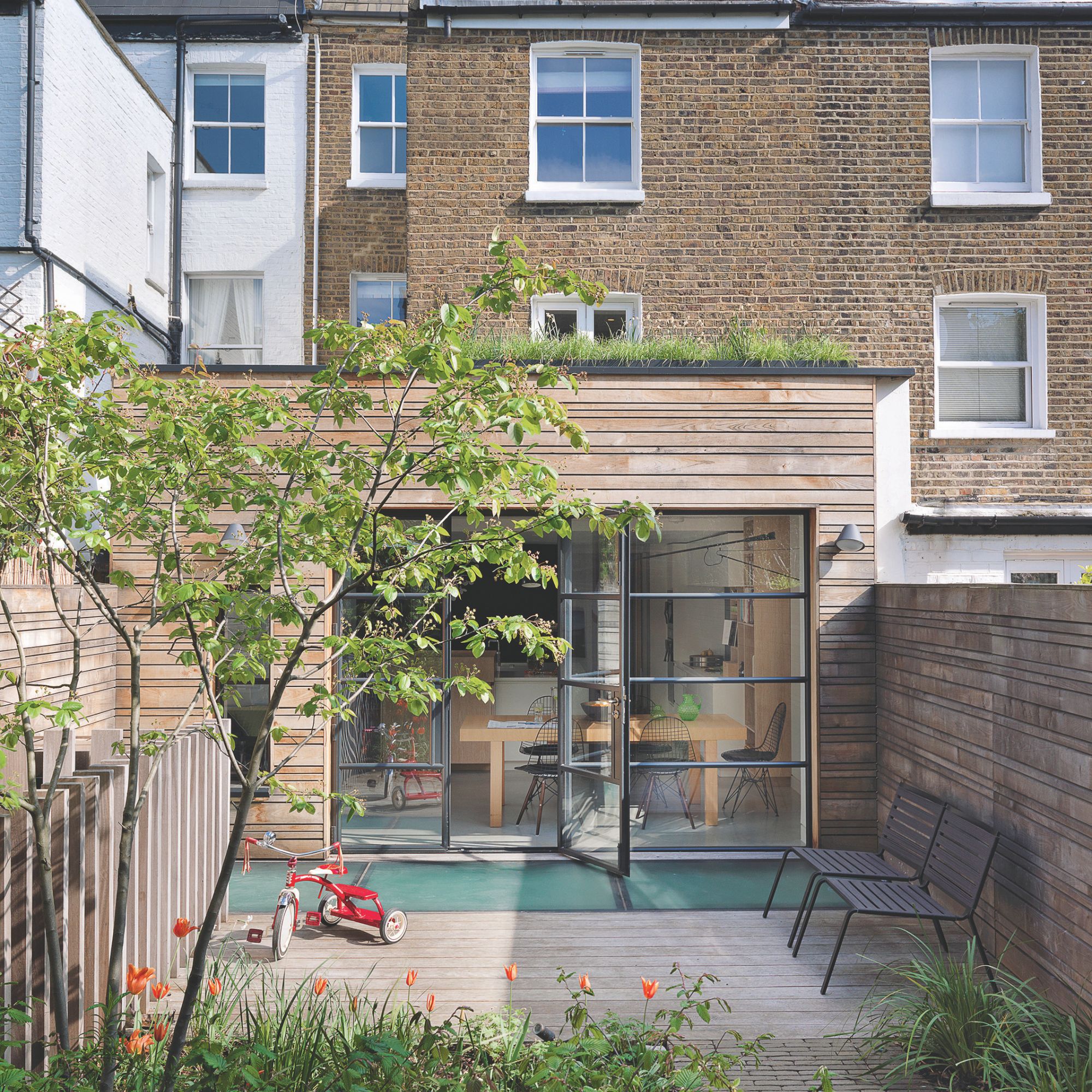
What kind of extension adds the most value?
If you’re planning to invest in an extension, weighing up the relative merits of the different types is important, and this might include how much value each could add.
Get the Ideal Home Newsletter
Sign up to our newsletter for style and decor inspiration, house makeovers, project advice and more.
A two-storey extension could potentially increase home value by 10 to 20 per cent, says Robin Edwards. ‘These extensions add substantial space, often including both extra living areas and bedrooms,’ he says. ‘They can offer better cost-to-value ratios since you’re building up rather than just extending the footprint.’
A loft conversion offers the prospect of adding 10 to 15 per cent. ‘Adding an extra bedroom or home office in the loft is appealing, especially in areas where larger homes are in high demand,’ says Robin. ‘The percentage increases if the conversion includes an en-suite bathroom.’
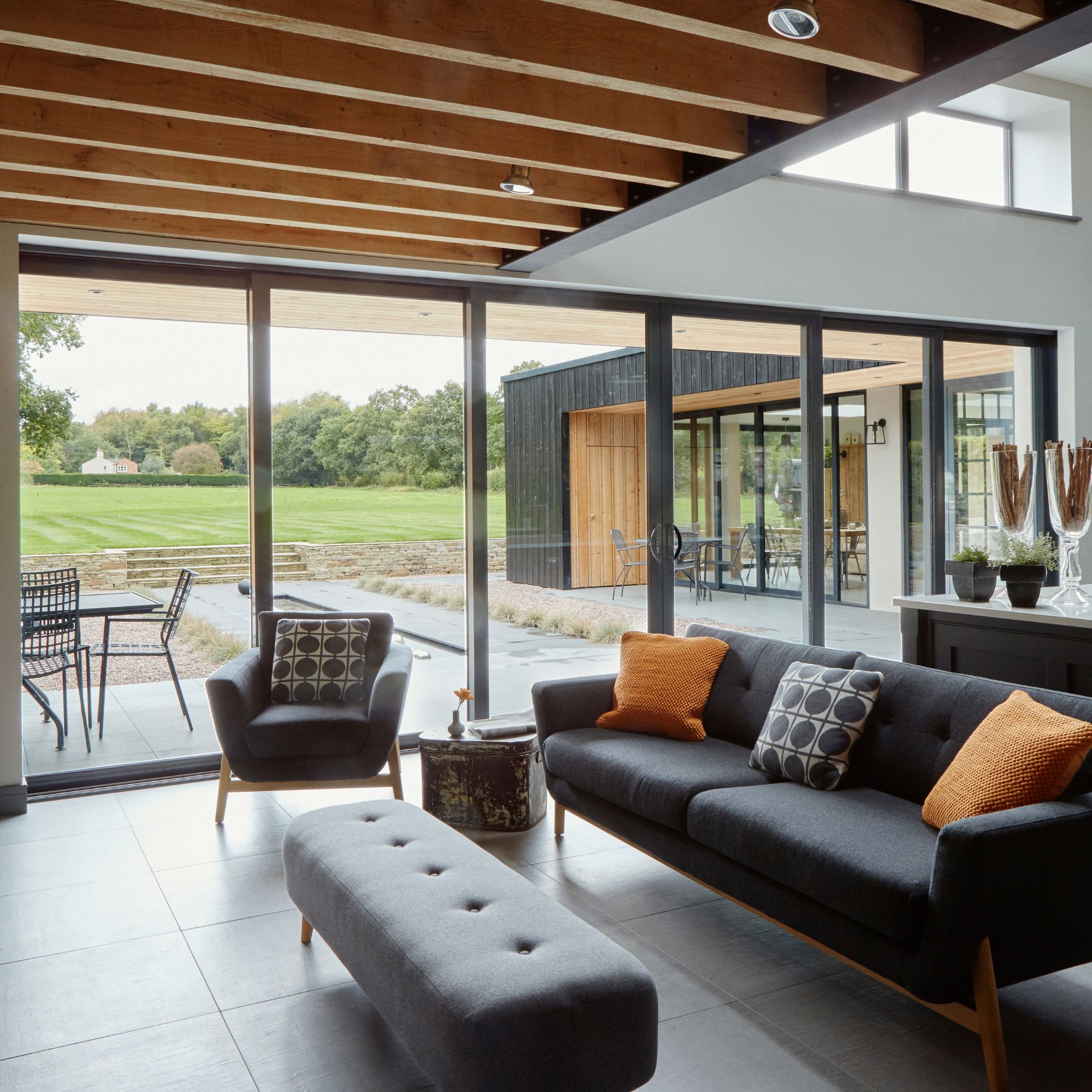
A single-storey extension might likewise add 10 to 15 per cent, according to Robin. ‘A single-storey extension often creates a larger kitchen, dining area or living space which are all highly desirable,’ he explains. ‘The percentage depends on how well the design integrates with the home and maximises the usable space,’ he advises.
A basement conversion is an option for some properties. ‘Basement conversions require very skilled builders but can add 10 to 15 per cent to your property’s value,’ says Phil Spencer, property expert and founder of Move iQ.
A garage conversion might increase value by 5 to 10 per cent, but beware of compromising parking. ‘Converting a garage into a living space is cost-effective and useful, especially for creating home offices or extra bedrooms,’ says Robin. ‘However, it might be less attractive if off-road parking is limited.’
A conservatory has a more modest possible uplift of at most 5 to 7 per cent, Robin says. ‘While they can provide additional living space, they're far less versatile than a proper extension,’ he explains.

Phil Spencer is a presenter, author, businessman and property investor. As co-presenter of the long-running Channel 4 series Location Location Location, he has become one of the best-known faces on British television and is widely regarded as an expert on all things property. Outside of television, he has published three books and founded the property advice site Move iQ.
How to maximise the value you add with an extension
How can you maximise the value you add with an extension?
To maximise value with an extension there are a number of things to think about, including the ceiling price for your street – in other words the maximum price a property there has sold for. You can then see if it looks plausible to add value by extending. Of course, the ceiling price can be exceeded but it’s a useful guide.
Be steered by where you live, too. ‘An extension’s value will depend on location and your target market,’ says Robin Edwards. ‘For example, a loft conversion in a city might be more valuable than in a rural area, where space is less constrained.’
Careful budgeting and a good quality addition are also important. ‘If you choose carefully and keep the construction costs in check, you can generate more value from an extension than you spend on it – especially during periods of rising property prices,’ says Phil Spencer.
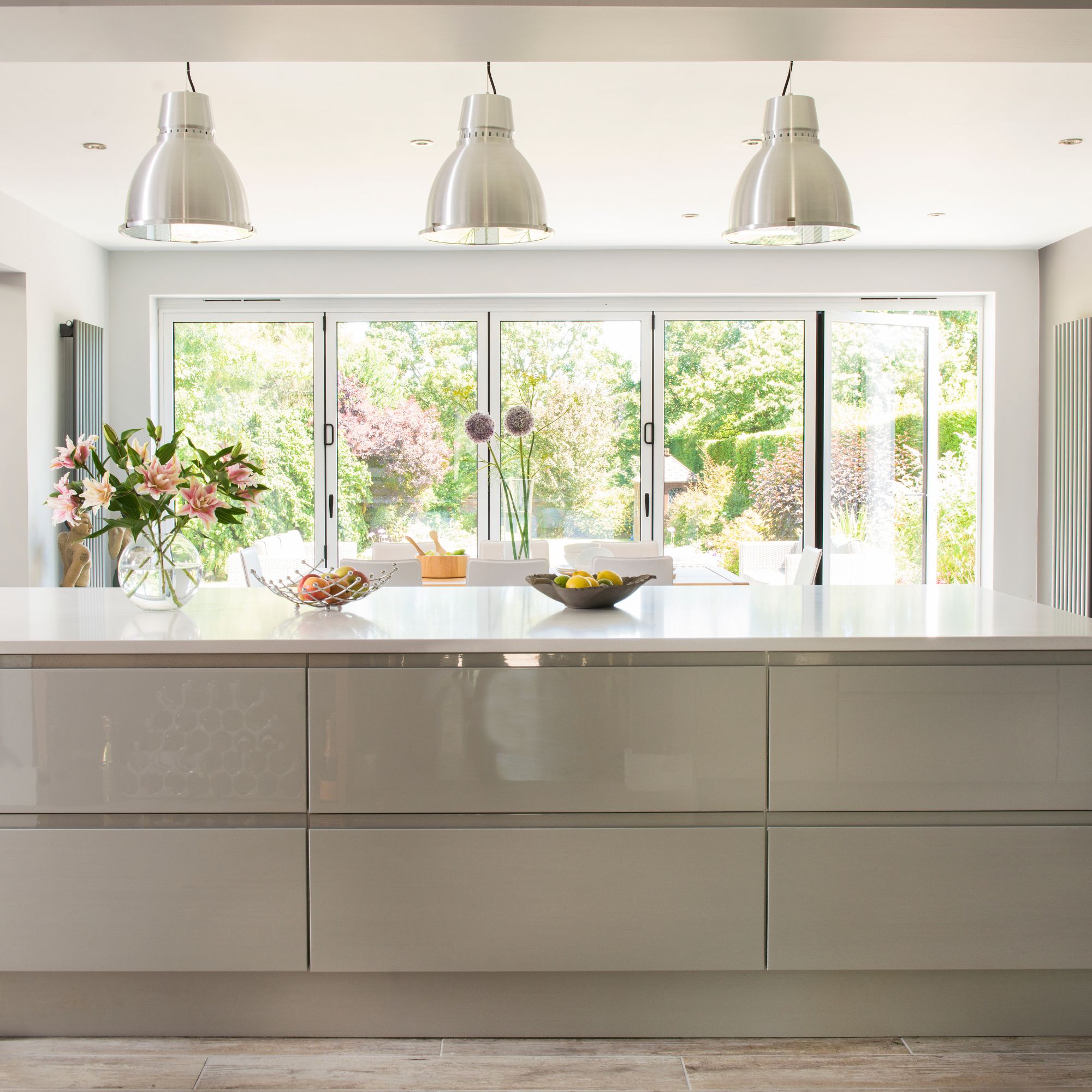
Think about factors aside from square meterage. ‘Make sure your extension adds more than just space in order to maximise the value added,’ says Nick Ferrier, director of Jackson-Stops Midhurst. ‘More space is great, but access to the best views across your garden or greater sunlight will make a property stand out against its competition.’
The rooms you choose to add can also maximise the value of an extension. ‘Spaces that improve everyday living and appeal to the broadest range of buyers tend to add the most value,’ says Peter Greatorex. As noted above, the larger room created by a kitchen extension can be a top choice, and other spaces worth creating are extra bedrooms and bathrooms.
‘Typically the addition of a double bedroom will add 10 per cent to a property’s value, and even more if it has an en suite,’ says Phil Spencer.
‘Adding an additional bathroom can boost your home’s value by 5 per cent or more, but be mindful of the cost,’ Phil says. ‘Remember you’re not just paying for the extra space, but also for the plumbing and renovations needed to make your new bathroom functional.’

Nick Ferrier is a seasoned property expert with extensive experience in the real estate industry. As the managing director of the Midhurst branch of Jackson-Stops, a leading property agency, and a qualified chartered surveyor, he has demonstrated his expertise in property management and valuation. His deep understanding of the property market and hands-on experience make him highly competent in advising on strategies to add value to properties.
Can an extension end up decreasing value?
It is possible for an extension to reduce the value of a home. ‘For example, if an extension is poorly designed, done cheaply, or doesn’t integrate seamlessly with the existing structure, it could actually detract from the home’s overall appeal,’ says Peter Greatorex.
‘Extensions that create awkward layouts, block natural light, or disrupt the flow of the home can also turn off potential buyers,’ he says.
What you’ve added space for has the potential to negatively influence value. ‘Extensions that serve niche purposes – such as an indoor swimming pool or a highly specialised room – might not resonate with the majority of buyers,’ Peter explains. ‘Features like these can feel impractical or impose additional maintenance costs, which could limit the home’s marketability.’
Be mindful of the possible impact on a garden. ‘Adding living space to a property by compromising limited outside space is hard to justify and homeowners shouldn’t expect to add value and may even find it reduces the value,’ advises Craig Fuller, a regional director of Stacks Property Search.
To avoid inadvertently decreasing value, you could ask for an expert opinion before going ahead. ‘It’s a sensible idea to get an estate agent to value the property as it is; and to discuss their ideas on how a planned extension would add value, and also importantly, improve (or compromise) saleability,’ says Craig.

Craig Fuller is the Stacks Property Search regional director for the South Cotswolds, North Wiltshire and South Gloucestershire. He has been advising buyers on property potential, and how to add value, for seven years in his role with Stacks Property Search. Established in 1984, Stacks Property Search has a network of 20 offices in the UK.

Sarah is a freelance journalist and editor. Previously Executive Editor of Ideal Home, she’s specialised in home improvement, interiors, gardens and property for over 25 years. As well as writing about home improvements including extensions, loft, basement and garage conversions, fitting new kitchens and bathrooms, installing new windows and doors and making eco-friendly upgrades, Sarah has taken on a range of projects in her own homes and she is a serial house renovator.
-
 Should an air fryer be on display in a kitchen or hidden away? This is why I always keep my small appliances on the worktop
Should an air fryer be on display in a kitchen or hidden away? This is why I always keep my small appliances on the worktopAre you on team display or neatly hidden away? Share your opinion in the comments
By Rebecca Knight
-
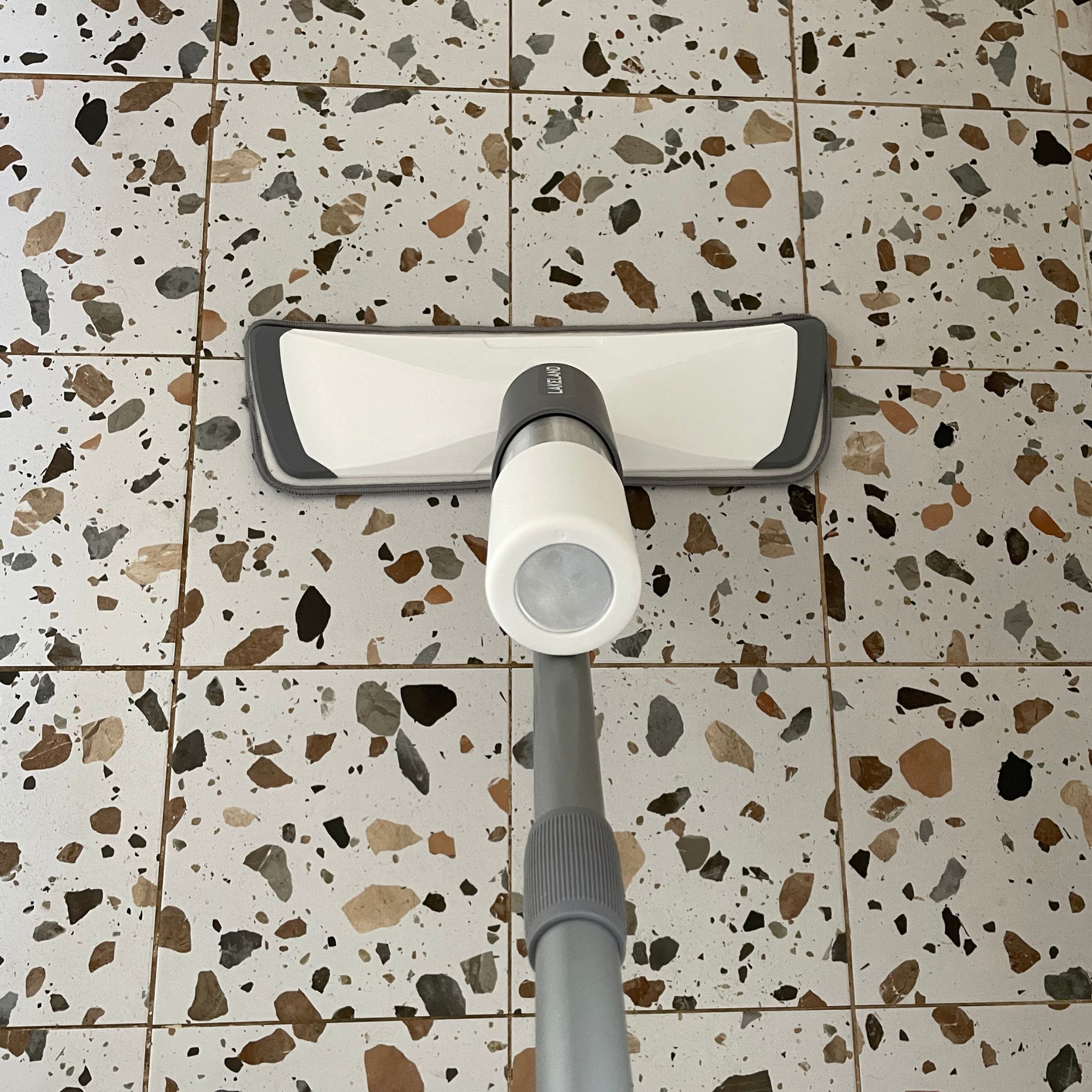 Experts warn that these 5 mopping mistakes are making your floors dirtier — and damaging your floors in the process
Experts warn that these 5 mopping mistakes are making your floors dirtier — and damaging your floors in the processThis is how to keep them clean and avoid costly damage
By Lauren Bradbury
-
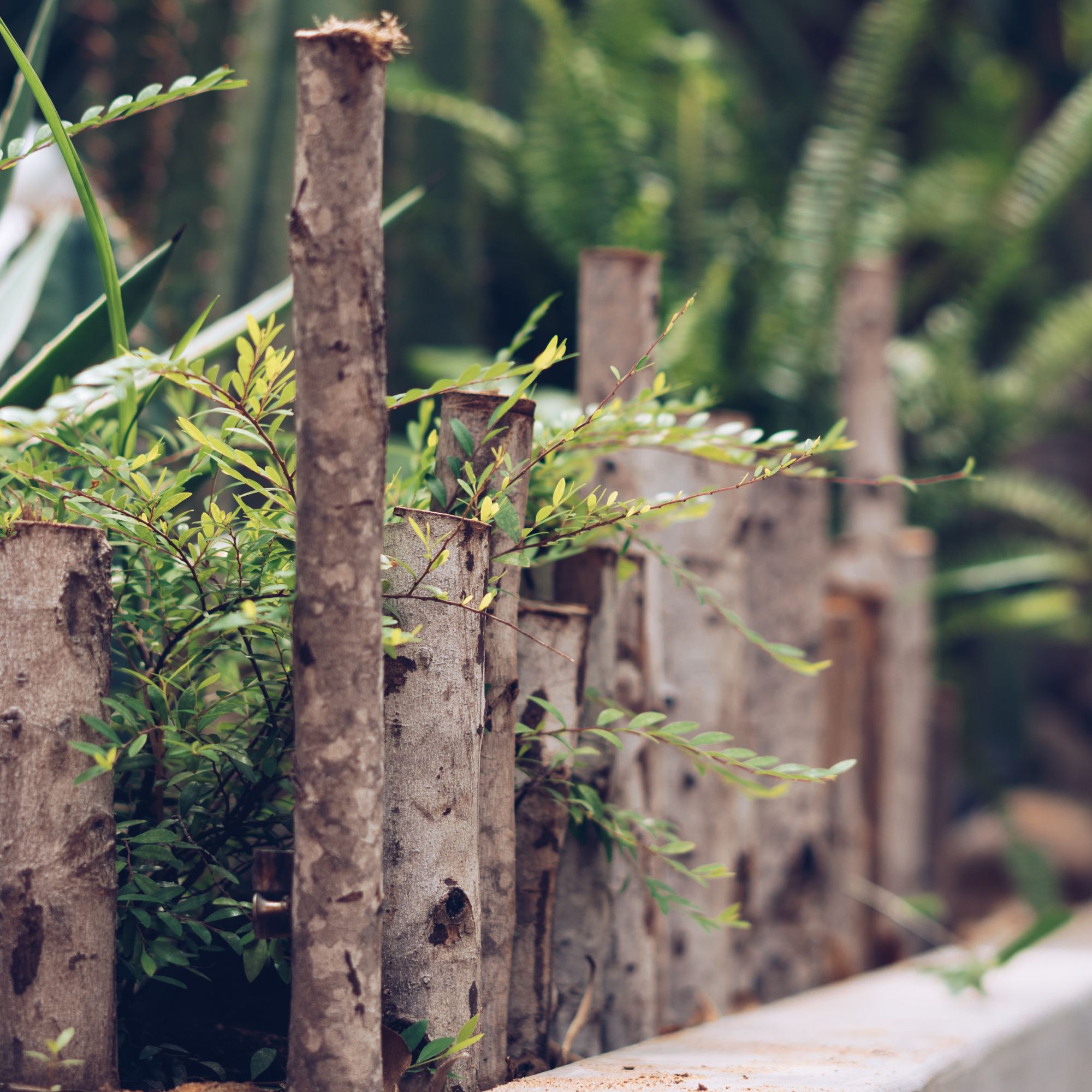 Move over, fences – dead hedges are the wild and wonderful alternative your garden will love and they're easier to build than you'd think
Move over, fences – dead hedges are the wild and wonderful alternative your garden will love and they're easier to build than you'd thinkThe perfect eco-friendly solution for small gardens
By Kayleigh Dray